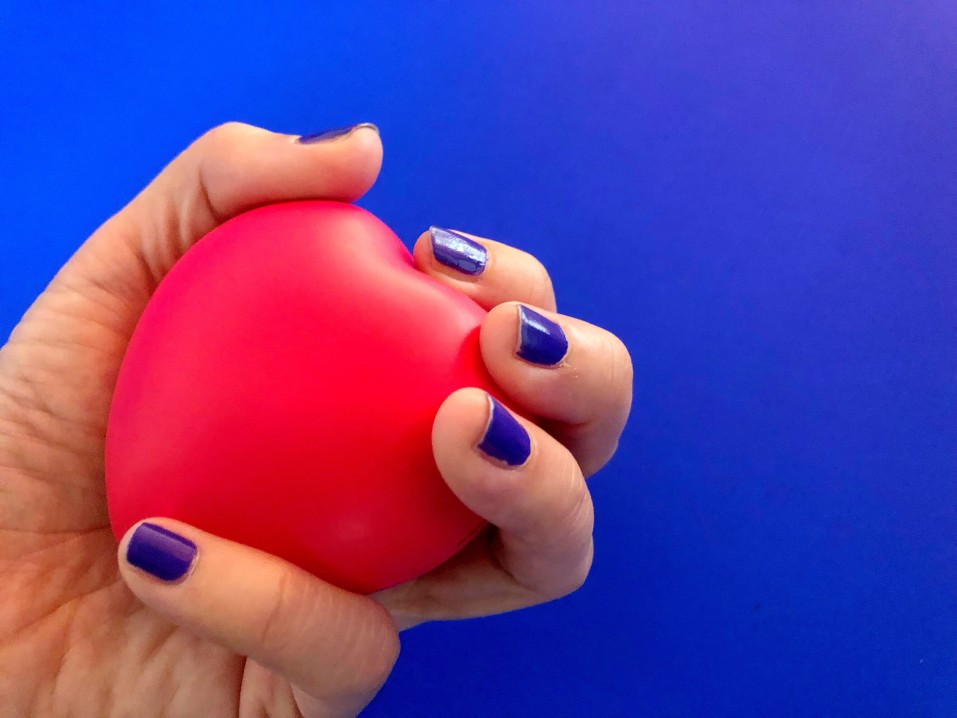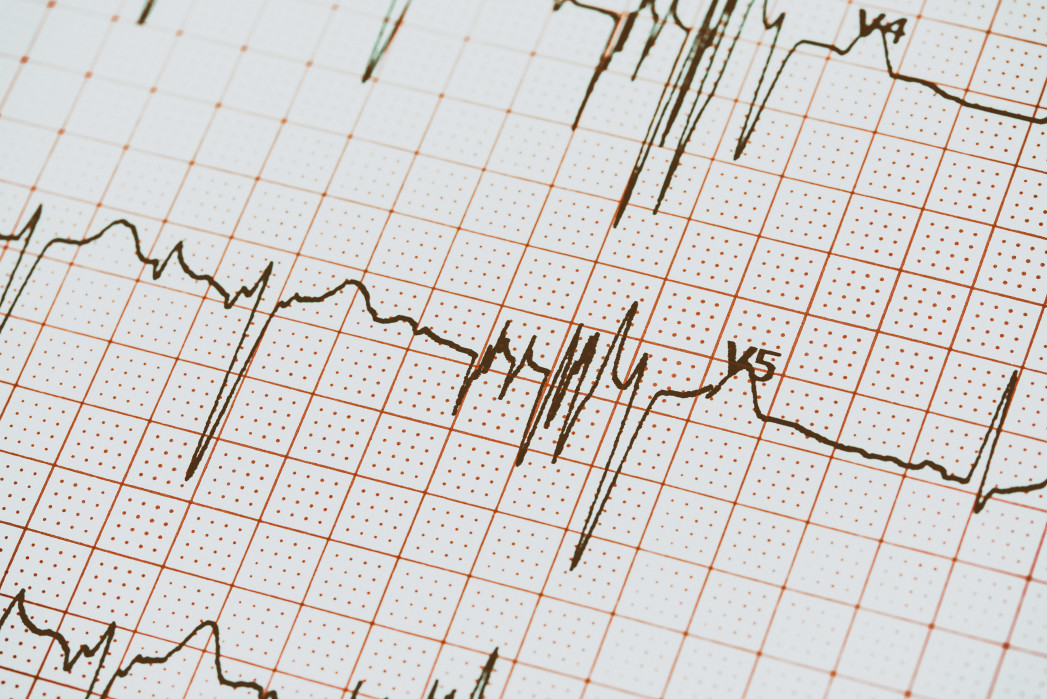
What is Coronary Heart Disease?
Coronary heart disease (also commonly known as coronary artery disease), is caused when your coronary arteries get narrower and reduce blood flow to the heart. This happens due to a slow build up for fatty deposits, called plaque.
The coronary arteries are the blood vessels that supply the heart with blood.
It can be the usual underlying cause of a heart attack.
CHD prevalence is twice as high among men than women, and increases rapidly with age.
According to the Australian Bureau of Statistics, CHD is the leading cause of death in Australia, and is also a major case of disability.
Heart disease kills one Australia every 28 minutes – 51 lives are lost every day.
 Causes and risk of Coronary Heart Disease
Causes and risk of Coronary Heart Disease
There is no single cause for CHD, but the following risk factors can increase your chance of developing it
- Age – as we get older there is an increased risk of CHD
- Ethnicity – People from some ethnic backgrounds are at a higher risk, such as from the Indian sub-continent and Aboriginal and Torres Straight Islander people
- A family history of heart disease/stroke
- Being overweight or obese
- High cholesterol
- Hight blood pressure
- Diabetes
- Not following a healthy diet
- Not being physically active
- Smoking
Some risk factors like age and gender cannot be changed, however there are many steps that can be taken in order to reduce the risk of developing CHD.
 How do you know if you have Coronary Heart Disease?
How do you know if you have Coronary Heart Disease?
Unfortunately, many people are unaware that they have CHD until they have a heart attack or angina.
It is possible to work with your GP to find out if you are at risk of developing the disease, and they may order the following tests in order to check the health of your heart:
- Echocardiogram
- Angiogram
- Electrocardiogram (ECG) or Stress ECG
 How you can prevent Coronary Heart Disease
How you can prevent Coronary Heart Disease
There is no cure for coronary heart disease, but healthy lifestyle choices and medications can reduce your risk for further heart problems and and relieve or control symptoms.
To help prevent CHD the following can help:
- Stop smoking
- Increase physical activity
- Control blood pressure
- Control cholesterol
- Be a healthy body weight
Among older women, regular light physical activity can be found to be associated with a lower incidence of CHD.
Can you treat Coronary Health Disease once you have it?
There is no cure for CHD, however if you already have it, there are treatment options that your HealthMint GP might recommend to reduce your risk of future heart problems, and to help relieve, reduce, and manage symptoms.
The following medicines can help treat CHD and its risk factors, such as high blood pressure and cholesterol levels:
- Aspirin
- Beta-blockers
- Statins
Please consult your GP before beginning any new forms of medications.
Other treatments can include bypass surgery, Angioplasty, stent implantation, and implantable cardiac defibrillators (ICD).
If you would like to speak with one of the Independent GPs who consult at HealthMint, you can click here to book an appointment.
Want more information?
Call (03) 5611 3365 to speak to a friendly patient concierge
or book an appointment here
 Causes and risk of Coronary Heart Disease
Causes and risk of Coronary Heart Disease  How do you know if you have Coronary Heart Disease?
How do you know if you have Coronary Heart Disease?  How you can prevent Coronary Heart Disease
How you can prevent Coronary Heart Disease